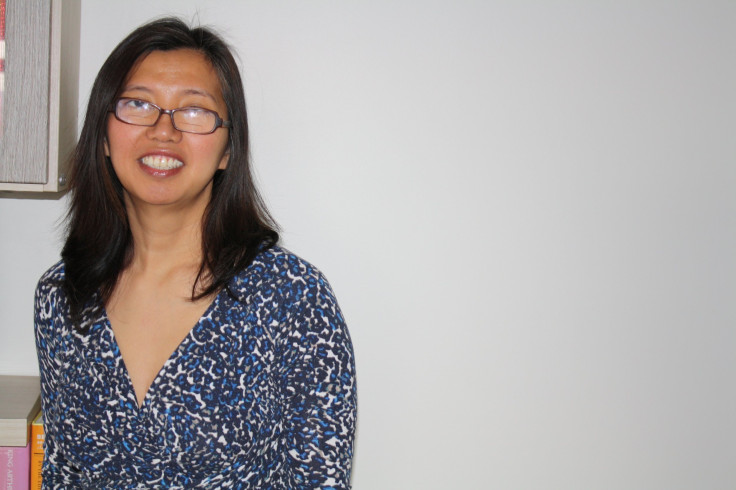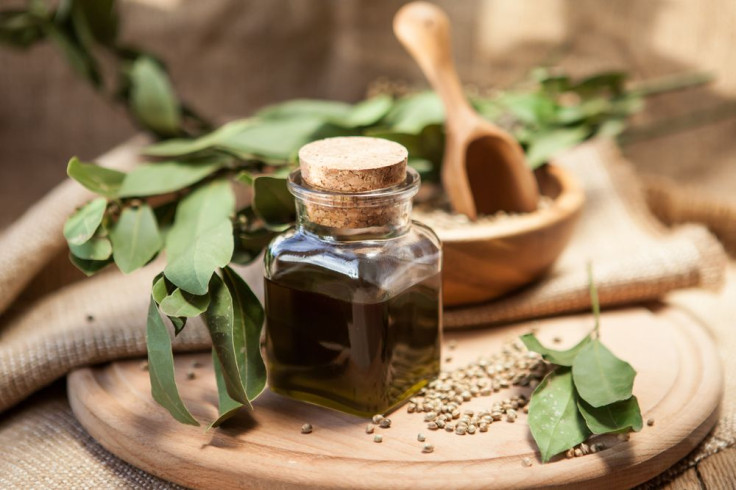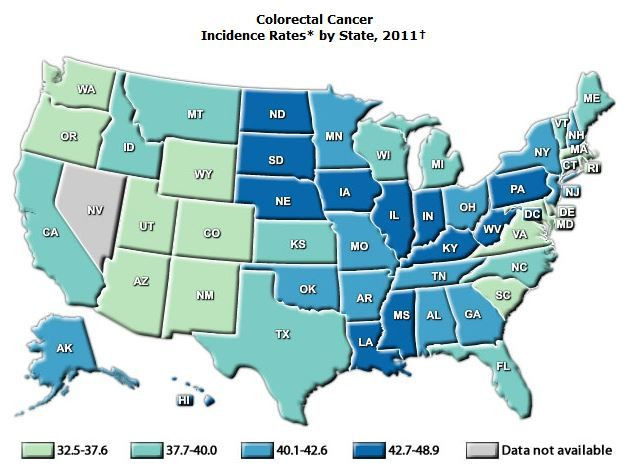Advice To Cancer Patients From Julie Yip-Williams: Get Your Doctor To Care, Explore Medical Marijuana And Alternative Treatments

“This is one of my biggest pieces of advice for people just starting their cancer journey,” Julie Yip-Williams, a cancer patient, tells Medical Daily. “You’ve got to find a way to get your oncologist and your surgeons to give a s--- about you. You’ve got to get them to like you, you’ve got to get them to feel invested in you, you’ve got to get them to, like, lay awake at night and worry about you.”
Yip-Williams, 39, was diagnosed with colon cancer 18 months ago. Developing a rapport with your doctors is crucial, she explains, because most oncologists are working with hundreds, if not thousands, of patients and there is simply no reason for them to take extra time for any one unless they genuinely like that patient on a personal level. For a moment, Yip-Williams wonders aloud how someone might go about getting a doctor to like them, and then she quickly answers her own question: “You find whatever it is that is charming about yourself, or ingratiating or, you know, but you’ve got to work your way in there.”
Having previously discussed her diagnosis and her attitude with Medical Daily, Yip-Williams is now open to discussing her treatment and care. She is at NYU, she says, because she likes her oncologist, Dr. Abraham Chachoua, but also she prefers the hospital’s general approach which is preferable to Memorial Sloan Kettering Cancer Center’s “extremely conservative” methods. “You know, no vitamins, no supplements,” Yip-Williams says. This is extremely restrictive, she believes, yet she also thinks a strict, evidence-based approach is not very fair to patients.
“You know it’s not fair because you’re talking about a community that is so desperate to stay alive and they want to do whatever they can, and you’ve got to give people a little bit of power over their treatment,” she says. So although NYU is ranked number 50 among cancer hospitals, she prefers it to the stringent and top-ranked Sloan Kettering. She prefers her easy-going relationship with Chachoua, who is not only open to alternative treatments but even allows her to break out her pillbox during their sessions so that they can discuss each supplement in turn. “As long as it doesn’t negatively impact your liver enzymes, he’s fine with it,” she says.
Once, she even mentioned cannabis to him.
Medical Marijuana
Medical marijuana only recently became legal in the state of New York, but the Department of Health has not yet put into place all the necessary regulations and no licensed dispensaries exist so far so it remains, as of this date, out of reach for most patients. Chachoua told Yip-Williams he has never known cannabis to work for his own patients — he says they “just get lethargic” — still, he went out of his way to email her links about hemp oil and how it can be purchased online. (Hemp oil is not the same thing as cannabis oil, though it is derived from the same plant.) The fact that her doctor would conduct his own online research on her behalf both amused and touched her. “He’s a great oncologist,” Yip-Williams says. “I’m very fortunate.”

While she is at the beginning stages of exploring cannabis oil, she has been using for some time vitamins and supplements recommended by another doctor, Dr. Raymond Chang, author of Beyond the Magic Bullet. (Chang’s recommendations are specific to her cancer and her case and so cannot be repeated here.) Naturally, all of these additional treatments and services add up to quite a bit of money and time. Asked why she doesn’t just go with the program outlined by her oncologist, why not save her precious time and energy for other matters, Yip-Williams’s answer is immediate and precise.
“Conventional standard of care fails people at stage 4,” she says. Judging by statistics alone, most people would have to agree.
Staging Cancer
Scientists currently divide cancer into four stages, based on tumor size, spread throughout the body, and aggressiveness, with the lower numbers being the better case scenario. While stage 3 colorectal cancer would include infected lymph nodes, stage 4 denotes some level of metastasis to another organ. “Chemo seems to treat stage 3 pretty well… but for stage 4 the stats are terrible,” says Yip-Williams, adding that the dismal 11 percent five-year survival rate for stage 4 tells her the usual arsenal of drugs simply don’t work once cancer has metastasized. Comparatively, more than half of people diagnosed with stage 3 colon cancer reach the five-year survival mark as do 92 percent of stage 1 patients (early screening helps).
“I feel like when the standard of care for stage 4 sucks, we’ve got to do something about it. We can’t just sit here and wait to die, right?” Surprisingly, she is laughing while saying this. Many patients stop eating sugar or meat, but both of these attempts at stemming the tide strike Yip-Williams as “ludicrous.” However, she understands why people might attempt anything whatsoever to take control of their disease. She even admits the alternative cures she’s tried so far have not made much of a difference and ultimately, she really doesn’t believe anything will work. Still, she finds some psychological benefit in exploring, through Chang and online.
How, then, does Yip-Williams go about finding these non-standard cures? Essentially, she explores patient chat rooms and blogs and reads what different patients say, and once she finds a consistent recommendation she will try it. Generally, she finds the amount of information available is phenomenal and the sharing of experiences is vital.
“I can’t imagine what people did before people had access to the Internet and online support groups,” Yip-Williams says. “I think it really does increase your odds of survival,” she tells Medical Daily. While she doesn’t know by how much — “I mean not like more than five percent” she says — still she is convinced it has increased her own odds of survival. In the end, she recommends cultivating a relationship with your doctors, exploring on your own, and being as open with other people about your diagnosis as possible. “Try to share your experience, it will help you get information,” Yip-Williams tells Medical Daily. “It’s all part of advocating for yourself.”

In the final article in this series, which will appear next week, Yip-Williams discusses what she is doing to help find a cure.
Part 2 in a Series of 3
Correction: a previous version of this article stated that medical marijuana was not yet legal in the state of New York, however on July 5, 2014, Governor Cuomo signed a limited medical marijuana bill into law.



























